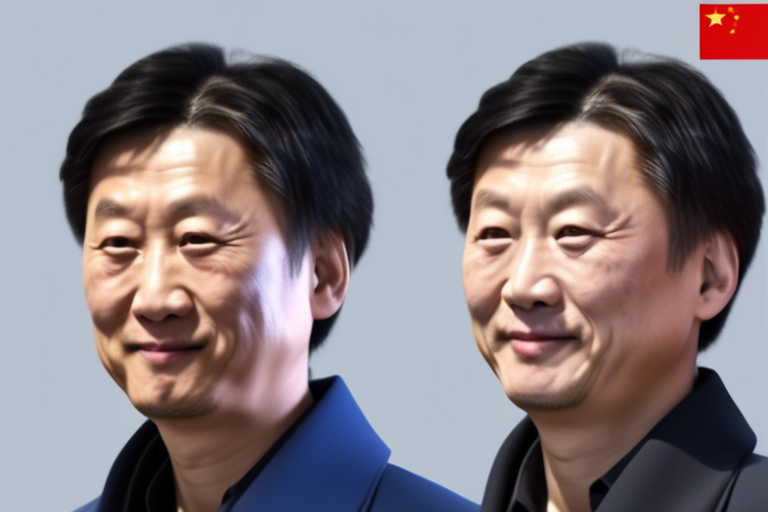OpenAI Blocks Access to Developers in China
OpenAI has recently issued a warning to developers in China, stating that they will no longer have access to its tools and software starting in July. This decision comes as a response to concerns about unauthorized access and the potential misuse of OpenAI’s technology for malicious purposes. The move to block API traffic from regions where access is not supported is a significant step in the company’s efforts to prevent misuse of its services. This development has sparked discussions about the implications for both the technology industry and national security.
Implications for Chinese Developers
This decision by OpenAI has raised several concerns and questions among developers in China. The implications of this move go beyond just a limitation on access to AI tools and software. Some key points to consider include:
– Developers in China will no longer have access to OpenAI’s tools and software from July.
– This decision will impact developers who rely on OpenAI for their projects and research.
– The move highlights the company’s commitment to preventing unauthorized access and misuse of its technology.
Response from Chinese Developers
Following the announcement, Chinese developers have started looking for alternative solutions to meet their AI technology needs. Some have turned to domestic champions like Baidu, which are developing large language models to support generative AI technology. The response from Chinese developers reflects a growing need for self-reliance and the development of internal AI capabilities.
National Security Concerns
The decision by OpenAI to block access for developers in China also raises important national security concerns. Lawmakers in Washington have expressed worries about the potential implications of AI technology being misused for military purposes. Some key points to consider include:
– AI technology plays a critical role in both economic capabilities and military applications.
– Actions taken by the US government, such as imposing rules to curb investments in AI technology and limiting chip exports, indicate a focus on national security concerns.
– President Biden’s policy towards restricting Chinese products and investments in the US reflects a broader strategy to address concerns about Chinese influence and military capabilities.
Impact on US-China Relations
The decision by OpenAI and the subsequent response from US lawmakers underline the growing tensions between the US and China in the technology sector. The efforts to restrict access to AI technology and limit Chinese investments reflect a broader geopolitical competition between the two countries. The implications of these actions extend beyond just the technology industry and have significant implications for international relations.
Hot Take: The Future of AI Development
As OpenAI takes steps to block access for developers in China, the future of AI development and international collaboration comes into question. The move highlights the growing concerns about the potential misuse of AI technology for malicious purposes and the need for stricter regulations to prevent such misuse. The implications of this decision will not only impact developers in China but also have broader implications for national security and international relations in the technology sector.





 By
By
 By
By


 By
By
 By
By